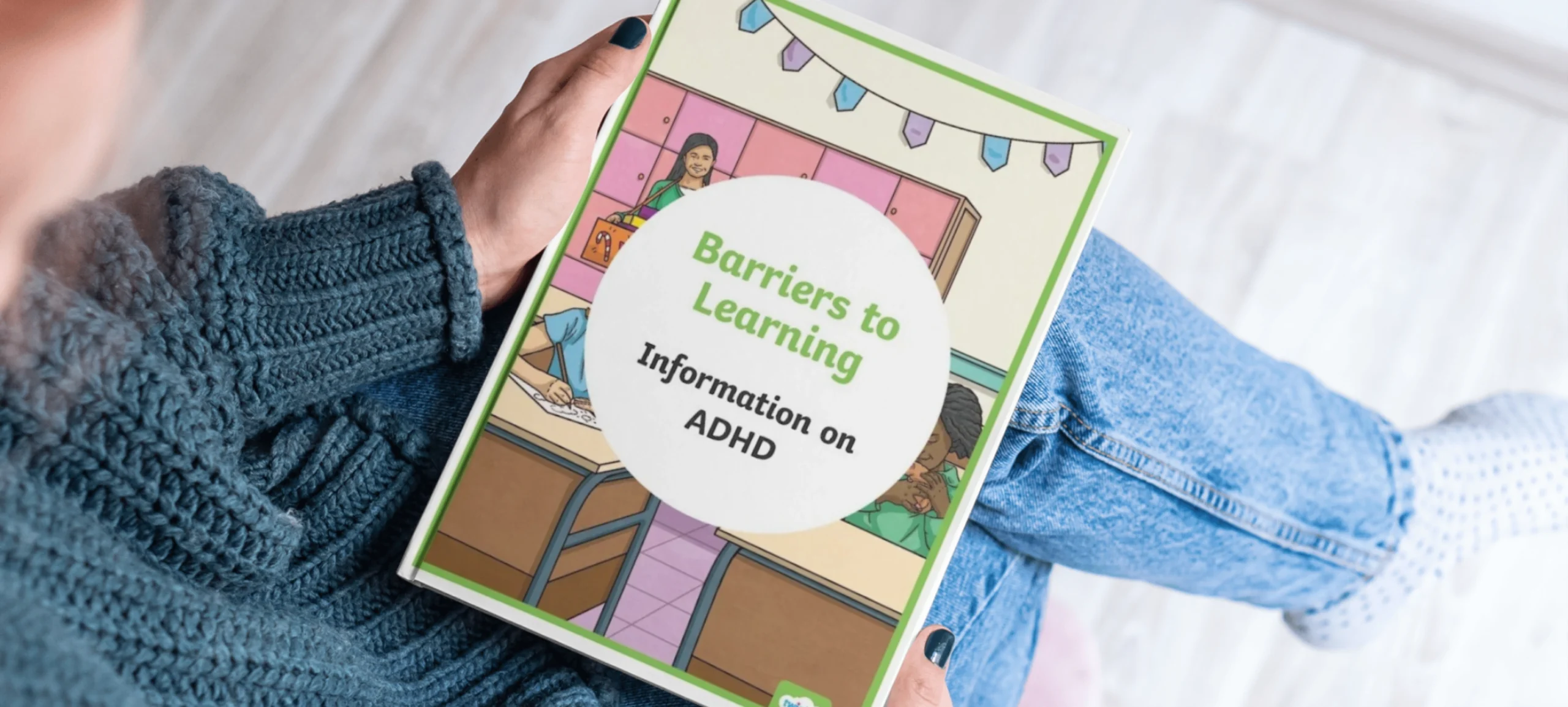Many learners place very little emphasis on studying for a language exam – after all, we use language every day so how difficult can an exam be, right? Wrong!
Cindy Glass, Owner and Co-Founder of Step Up Education Centers says, “Language exams can be challenging in that the subject is multi-faceted. Senior learners are required to write three language papers: Transactional Writing, Comprehension and Language skills and Literature. A lack of adequate preparation will most certainly lead to extreme stress, anxiety and worse, possible failure. Furthermore, achieving a pass in language is a progression requirement for every grade. This alone should be adequate motivation to understand the necessity of putting in the effort to prepare for a language exam.”
She adds that if you have had a less-than-desirable academic year thus far, it may be time for a mindset change!
Cindy offers 4 ways to change your mindset and achieve your academic goals:
- You are responsible for your own learning: You will write the exams so you need to choose to do what it will take to achieve success.
- Believe that you are capable: Know that no matter how ‘bad’ your learning experience has been to date, you can turn it around – starting today!
- There is no better time to get going than NOW: You may have made some poor choices this year, but that does not mean that you are done or that success is hopeless.
- Use a calendar: Break the bigger task into bite-sized manageable pieces. Work step-by-step, bit-by-bit and you will get through the task.
She also gives some great tips to help you prepare for your language exams:
- Transactional writing: It is absolutely essential that you practice the correct layout for the writing choices. For example: Do you know how to set out a formal letter, an email, a speech or an obituary? Do you know how to plan and structure an argumentative or narrative essay? Practice examples from past exam papers.
- Comprehension and Language skills: The best way to prepare for this paper is to practice past exam papers. Make sure that you have a memorandum available so that you can mark your own work. Create a summary (mind-map or bulleted) of required language skills and learn these well. Practicing with past exam papers will help you in applying the learned theory to exam questions.
- Literature: Study guides and past exam papers can be very helpful in preparing for a literature exam. If you do not have adequate notes from school – for whatever reason – seek to find notes that will be helpful. Your teacher should have provided you with detailed information about what you should focus on. Summarise the important aspects of novels, short stories or poems using a mind-map or bullet points.
- General tips:
- If you struggle to express yourself on paper, keep your sentences short and to the point. This will assist you in eliminating grammar and sentence structure errors.
- Always use full sentences unless stated otherwise.
- If there is a word count required, ensure that you indicate your word count at the end of your answer.
- Number your answers correctly.
- Read your questions very carefully and follow all instructions.
- Write legibly. You do not want to lose marks because your teacher could not read what you were trying to say!
“Language exams are important and adequate preparation is essential. Start today – no excuses!” concludes Cindy.
We understand that there are many aspects that encompass a Mother, Father or Child and strive toward providing resources and services that accommodates this.
Our content is aimed to inform and educate families on issues starting from pregnancy through to the challenges of the teen-age years.
- Say Hello to the Ultimate Holiday Brunch Bite - December 17, 2025
- Tiny Toons Looniversity Returns: Meet the Voice Behind Plucky and Hamton! - December 12, 2025
- From Pain to Possibility: Panado®’s New Marketing Campaign, Highlights The Joy Of Pain Relief - December 10, 2025





